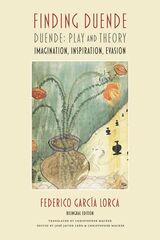9 start with M start with M

The transformation from the post-war model of guided capitalism towards its neo-liberal variety has serious consequences for intra-organisational power relations which result in a one-sided articulation of interests. This erodes the moral fabric of the labour organisation as a social institution. In this context special attention is paid to the wide-spread erosion of corporate ethics in the 21st century.
The intensification of the labour process - a consistent phenomenon in industrial capitalism has got a new impulse, due to the lack of countervailing power within an eroding system of labour relations as well as to superior production techniques and technologies.
These tendencies have a deteriorating effect on the substance of the personnel discipline, ending up in a loss of function.
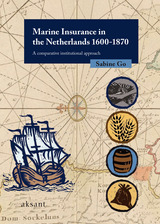
Marine insurance has been of great importance to the expansion of long distance trade and economic growth in the early modern period, in particular for seafaring nations such as the Dutch Republic. The Amsterdam market became Europes leading insurance market and within the Republic other insurance systems also emerged. Little is known about the differing institutional frameworks governing these industries and the interaction between the institutions and the actors in the industry.
This study will examine the development of marine insurance in the Netherlands in Amsterdam, Rotterdam and the province of Groningen from c. 1600 to 1870 from an institutional point of view. It will examine how the behaviour of authorities, insurers, underwriters and brokers was affected by the formal and informal constraints of the industry and how in turn their conduct has influenced the institutional framework and induced institutional change.
A comparative institutional analysis will be made of three insurance systems in the Netherlands, each with its own distinctive characteristics. The interaction between institutions and actors will be studied in relation to the effects of technological innovations and international geo-political changes. By examining developments over a period of two and half centuries the path of long-term institutional change becomes discernable.
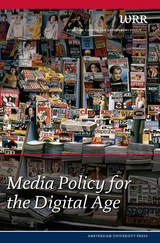
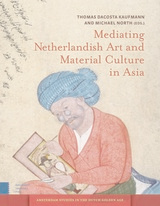
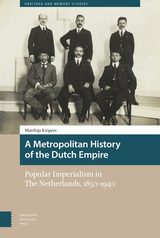
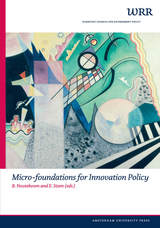
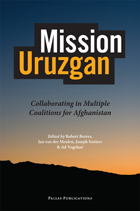
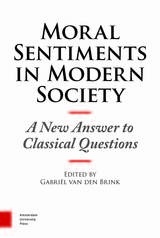
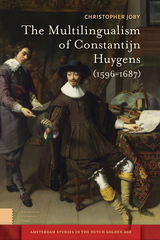
READERS
Browse our collection.
PUBLISHERS
See BiblioVault's publisher services.
STUDENT SERVICES
Files for college accessibility offices.
UChicago Accessibility Resources
home | accessibility | search | about | contact us
BiblioVault ® 2001 - 2024
The University of Chicago Press


